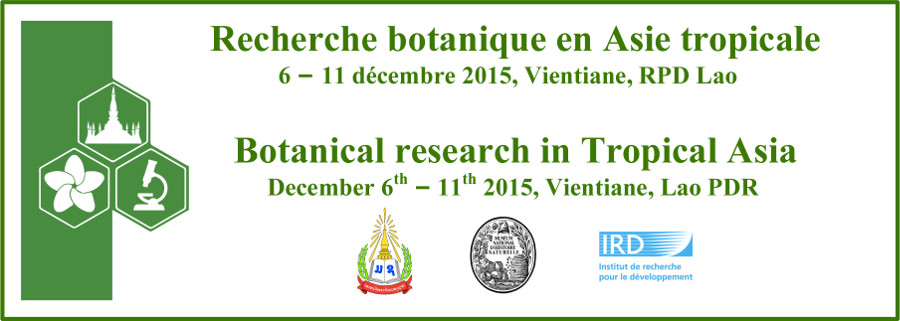The Indian sub-continent is endowed with a huge plant biodiversity. Therefore India is rated one among the eight mega biodiversity countries in the world. The two important landscapes, viz. the Himalayas and the Western Ghats in India, are the treasure houses for MAPs and more than 6,000 endemic plant species are listed among the 34 biodiversity hotspots worldwide. The present study is carried out in the Nilgiris, located in Western Ghats, India, to understand the interactions among human and plant systems and to investigate the role of plant bio-diversity in ecosystem conservation and socio economic status.
Study area comprises only 15% of people belonging to various tribal communities. Tribal people remains isolated from the main stream for the last few generations, so they are still different from other communities in terms of their unique cultural practices. These tribal groups have been using a variety of wild plants to cure various ailments in their traditional health care system. More specifically, their unique medicinal practices were not known to other communities of the region and have so far been poorly documented. The objective of this current study was to document the ethnic knowledge on medicinal plants in their cross cultural practices used by the various tribal groups of the Nilgiris in Western Ghats. The study also deals with the documentation of medicinal plants by different tribal communities, the market economics of some of these medicinal plants and the interest of people on traditional medicine and domestication of medicinal plants. The economic status of these tribal people, as thoroughly discussed, can be improved by helping them with training in processing and marketing of the medicinal plants. With the approach of conservation through cultivation, and simultaneously, the interest of young minds shall be ignited for conservation and sustainable livelihood development.
- Poster

 PDF version
PDF version

